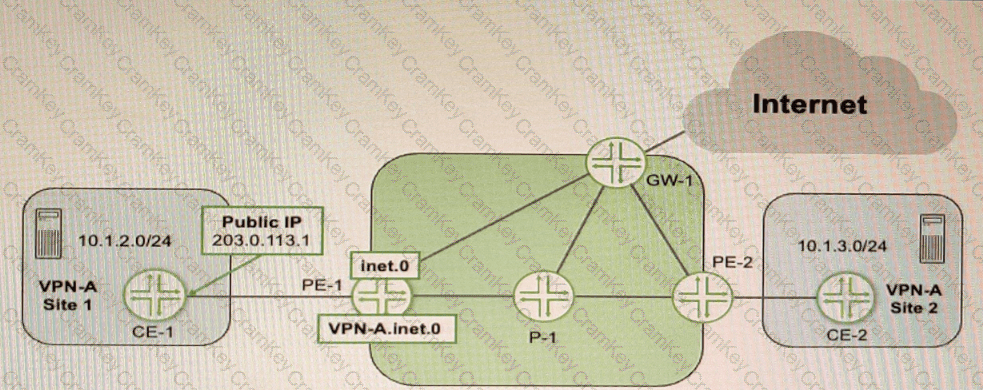https://www.juniper.net/documentation/us/en/software/junos/cos-security-devices/topics/concept/cos-transmission-scheduling-security-overview.html
When a Junos device receives a packet on an interface with transmission scheduling, traffic is placed into different queues based on Class of Service (CoS) policies. If a queue exceeds its allocated bandwidth, Junos has default behaviors for handling excess traffic.
Key Junos Behaviors for Transmission Scheduling
Queues Can Borrow Bandwidth from Other Queues ✅
If a queue has excess traffic, it can use bandwidth from underutilized queues, as long as bandwidth is available.
Reference from Juniper Documentation:
"By default, each queue can exceed the assigned bandwidth if additional bandwidth is available from other queues."
Queues Have Credit-Based Tracking ✅
A queue that stays within its allocated bandwidth is considered to have positive bandwidth credit.
A queue that exceeds its allocation is considered to have negative bandwidth credit.
Reference from Juniper Documentation:
"A queue receiving traffic in excess of its bandwidth allocation is considered to have negative bandwidth credit."
Evaluating the Answer Choices
✅ B. The exceeding queue will be considered to have negative bandwidth credit.
Correct, because when a queue exceeds its allocated bandwidth, Junos assigns it negative bandwidth credit.
This means the queue is in debt and must recover before it can transmit additional packets.
✅ C. The excess traffic will use bandwidth available from other queues.
Correct, because Junos allows excess traffic to borrow bandwidth from underutilized queues by default.
If a forwarding class does not use its allocated bandwidth, other queues can borrow the unused bandwidth.
Why the Other Answers Are Incorrect?
❌ A. The excess traffic will be discarded.
Incorrect, because Junos does not immediately discard excess traffic unless the queue cannot borrow bandwidth.
By default, Junos allows bandwidth sharing, and only if no bandwidth is available does it drop packets.
❌ D. The exceeding queue will be considered to have positive bandwidth credit.
Incorrect, because when a queue exceeds its assigned bandwidth, it gets negative bandwidth credit, not positive credit.
Verified Juniper Official Reference
???? Junos CoS Transmission Scheduling Overview
"By default, each queue can exceed the assigned bandwidth if additional bandwidth is available from other queues."
"A queue receiving traffic in excess of its bandwidth allocation is considered to have negative bandwidth credit."
